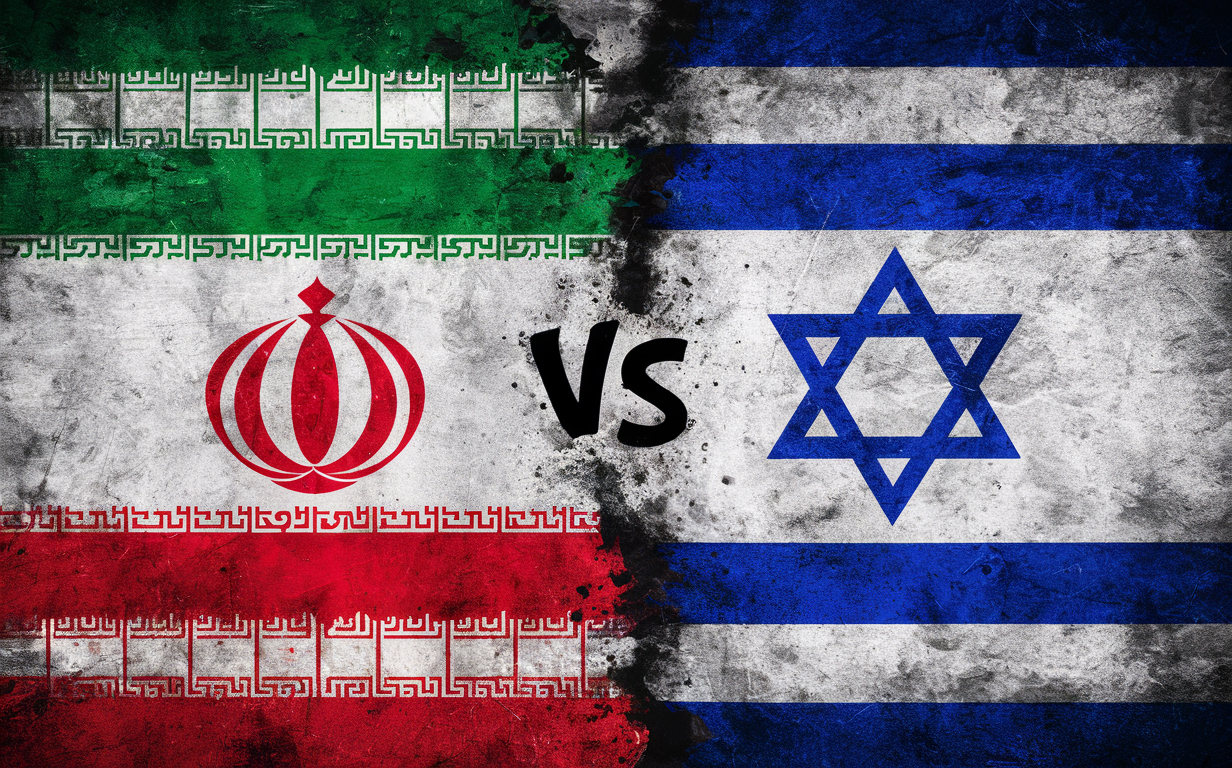Table of Contents
ToggleIntroduction
On 1 April 2024, an Israeli airstrike destroyed the Iranian consulate annex building adjacent to the Iranian embassy in Damascus, Syria, killing 12 people, including a senior Quds Force commander of the Islamic Revolutionary Guard Corps (IRGC), Brigadier General Mohammad Reza Zahedi and seven other IRGC officers. Israel does not claim responsibility for the airstrike on April 1. Ayatollah Ali Khamenei, the supreme leader of Iran, however, declared that Israel “must be punished and shall be” for an operation he claimed was comparable to an invasion of Iranian territory. Ayatollah Ali Khamenei, the supreme leader of Iran, reaffirmed his vow to exact revenge on Israel for attacking its consulate in Damascus earlier this month.
Iran seizes Israel-linked ship near Strait of Hormuz
As the Middle East prepared for a potential Iranian strike, commandos from Iran’s paramilitary Revolutionary Guard parachuted down from a helicopter onto an Israeli-affiliated container ship near the Strait of Hormuz on Saturday morning and took control of the ship.
Iran Begins Missile, Drone Strikes on Israel
As Jordan and Iraq seal their airspace, the US and Israel agree that there is an aerial attack underway on Israeli territory. Iran has fired dozens of missiles and drones at Israel, the Islamic Revolutionary Guard Corps (IRGC) in Tehran has said. As part of the “True Promise” operation, the IRGC declared on Saturday that it had unleashed the drones and missiles. It also stated that this action was a form of retaliation for “Israeli crimes.”
Israel, Jordan, Lebanon, and Iraq all said that their airspace was blocked at the same time. The event occurred about two weeks after seven members of the IRGC were killed in an Israeli strike on the Iranian consulate in Syria.
Daniel Hagari’s Statement
Israel’s army spokesman, Daniel Hagari, stated late on Saturday that “Iran launched UAVs [unmanned aerial vehicles] from its territory towards the territory of the state of Israel.”
In a televised speech, he declared, “We are on high alert and readiness,” and that it would take many hours for the drones to enter Israeli airspace. Israel did not comment on a potential attack, but since it attacked Damascus on April 1, it has been on high alert. Iran threatened retaliation, and an attack in return was anticipated. Benjamin Netanyahu, the Israeli prime minister, declared on Saturday that his country was ready for a “direct attack from Iran.”
Israel is “closely monitoring a planned attack” by Iran and its regional allies against it, according to Defense Minister Yoav Gallant.
US’ Reaction
According to the US, Iran has started an air campaign against Israel that would probably last for several hours. President Joe Biden is kept informed on a regular basis by his national security team and is in continuous conversation with Israeli authorities, US partners, and friends, according to a statement released by Adrienne Watson, the spokesperson for the US National Security Council.
Statement of Iranian Mission to UN
Tehran’s actions were justified in defense, according to a post by the Iranian envoy to the UN, which also made the significant remark that the issue “can be deemed concluded.” The US “must stay away” from the crisis, it further cautioned.
French Statement
A French statement denouncing Iran’s conduct has sparked an additional response. According to the statement on X, Iran has reached a “new threshold” and faces the possibility of a military confrontation.
EU Statement
Iran’s activities have been characterized as an “unprecedented escalation and a grave threat to regional security” by EU foreign affairs leader Josep Borrell. The EU vehemently denounces Iran’s despicable attack on Israel.
UK’s Reaction
One of the first world leaders to react to the news was UK Prime Minister Rishi Sunak, who denounced Iran’s “reckless attack against Israel.” “These strikes run the risk of escalating hostilities and causing instability in the area.” Iran has proven once more that it is determined to cause unrest within its own borders.
It will be important to keep an eye out for the UK’s military capability to assist in missile interceptions.
What Iran can do?
Iran’s arsenal is able to strike a variety of Israeli targets, such as vital energy production facilities, airports, and infrastructure.
David Khalfa’s View
With the April 1 strike, “Israel wanted to change the rules of the game by hitting the head of the octopus, not just its tentacles, to force Iran out of the shadow war,” according to David Khalfa, a Middle East expert at the French think tank Jean-Jaures Foundation, who spoke with AFP. presently “the Iranians only have bad choices at their disposal,” he stated.
Consequences
The oil shock
Alireza Tangsiri, the commander of Iran’s Revolutionary Guard navy, stated on Tuesday that Tehran saw Israel’s presence in the United Arab Emirates as a threat and that it may seal the Strait of Hormuz if needed. Daily traffic via the strait amounts to about 5% of the world’s total oil consumption.
The price of oil has surged to its highest level since October as Israel prepared for the possibility of an Iranian counterattack, which could cause significant disruptions in the region. According to Bloomberg, the global benchmark Brent increased by up to 2.7% to above $92 a barrel, a price last attained in the early stages of the conflict. To preserve market stability, OPEC has already extended its voluntary cutbacks by 2.2 million barrels per day. Analysts estimate that prices might surpass $100 per barrel if Iran’s offensive sparks a larger conflict.
An increase will put pressure on inflation in the world economy, which has been in a downturn phase. Given that approximately 85% of India’s crude oil needs are imported, an increase would result in a reversal of the declining trend in inflation.
The Reserve Bank of India (RBI) postponed the start of the highly anticipated rate-easing cycle and extended the status quo to at least 16 months last week by maintaining policy interest rates and its monetary stance for the seventh consecutive review meeting. The RBI cited an uncertain food price trajectory for its decision.
Price stability risks haven’t completely disappeared, according to RBI Governor Shaktikanta Das. According to the most recent data, consumer inflation eased to 4.85% in March from 5.09% the month before, marking the first time in five months that it has fallen below 5%. Experts say that since the Reserve Bank of India monitors the monsoon and other outside factors, it is unlikely to stop them from cutting rates anytime soon. The rate reductions may be further postponed if oil and LNG prices rise as a result of a potential escalation between Iran and Israel. Increased fuel prices raise the cost of transportation, which affects a variety of consumer goods. A larger import cost will result from higher oil prices, which will exacerbate the current account imbalance.




































